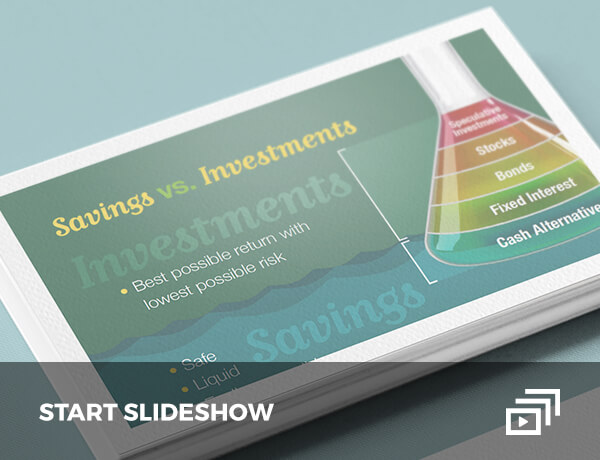The Next Gig Thing
The Next Gig Thing
Take it from the woman who wrote the book: According to Sarah Kessler, author of Gigged: The End of the Job and the Future of Work, some people believe the gig economy is the best thing ever. Others think it’s the worst. After her extensive research, Kessler says, “I’ve found that both things are true, and it depends who you are.” i
Who you are in relation to the gig economy has a lot to do with how you think about financial protection and planning. Similar to the sharing economy, where people earn money by sharing their assets, like renting a room in their home to strangers, the gig economy offers great flexibility and variety in income. In fact, one survey found that 69 percent of people earning income via gigs prefer it to full-time work.ii
Giggin’ may be great for flexibility and work-life balance, but it also means that a full-time gigger won’t have access to many of the benefits that a full-time employee does. So how can you make the gig economy work for you?
Be Protection-Minded
Most people are aware of the importance of health insurance to cover injuries or sickness. But there are additional types of insurance — namely disability and whole life insurance — that can further guard against financial disaster.
Disability insurance, which can be thought of as income protection, can make up for a gap in income due to an illness or accident. Often people think, “Oh, that will never happen to me,” but unfortunately, about 25 percent of the 20-year-olds working today will face a time of disability during their careers.iii
Whole life insurance is another important form of protection, particularly for gig workers. With a whole life policy in place, your family will receive financial support in the event of your death. iv Yet even before it offers this ultimate security, you can use the cash value accrued in your whole life policy to fund life improvements today, such as returning to school or financing a business.v It’s easy to imagine how gig workers could benefit from using this income to expand their skills or grow from gig work to a small business.
Save for Retirement
Opportunities to earn in the gig economy are immensely varied and you can use gig work to follow a long-held dream while making an income. Yet, whether you earn through photography assignments or building furniture, the day may come when you’ll want to slow down the pace. Gig workers do not have the benefits of an employer-sponsored 401K, so it’s essential to begin your own retirement savings as soon as possible. This can be through a traditional IRA (individual retirement account) or a Roth IRA, and a financial professional can help guide decisions around how much to save and how to invest.
Typically, workers can write-off contributions to their traditional IRA in their yearly taxes.vi This is appealing to people who want to lower their immediate tax burden. With a Roth IRA, you won’t get the benefit of lower taxes today. However, when you retire, you won’t have to pay taxes on the money you withdraw after a certain age.
You Are Now a Business
When you earn income through the gig or sharing economy, you become your own micro- business. While we’re used to thinking about the different departments in larger companies, like the finance or human resources, now you have to master these disciplines for yourself. For instance, you’ll want to become proficient at budgeting, managing cash flow, business planning and possibly hiring workers for big projects. As you develop your income in this new economy, it pays to be curious. You’ll be both an expert in your trade and a student of all there is to learn about running your own business.
i The False Promise of the Gig Economy , NBC News, June 1, 2018
ii Gig Economy Powers Growing Demand for Experiences, PYMNTS, July 13, 2017
iii The Council for Disability Awareness, 2018
iv All whole life insurance policy guarantees are subject to the timely payment of all required premiums and the claims paying ability of the issuing insurance company. Policy loans and withdrawals affect the guarantees by reducing the policy’s death benefit and cash values.
v Policy benefits are reduced by any outstanding loan or loan interest and/or withdrawals. Dividends, if any, are affected by policy loans and loan interest. Withdrawals above the cost basis may result in taxable ordinary income. If the policy lapses, or is surrendered, any outstanding loans considered gain in the policy may be subject to ordinary income taxes. If the policy is a Modified Endowment Contract (MEC), loans are treated like withdrawals, but as gain first, subject to ordinary income taxes. If the policy owner is under 59 ½, any taxable withdrawal may also be subject to a 10% federal tax penalty. viGuardian, its subsidiaries, agents, and employees do not provide tax, legal, or accounting advice.
Consult your tax, legal, or accounting professional regarding your individual situation.
Brought to you by The Guardian Network © 2018. The Guardian Life Insurance Company of America®,NewYork, NY
2018-65687 Exp. 08/2020



